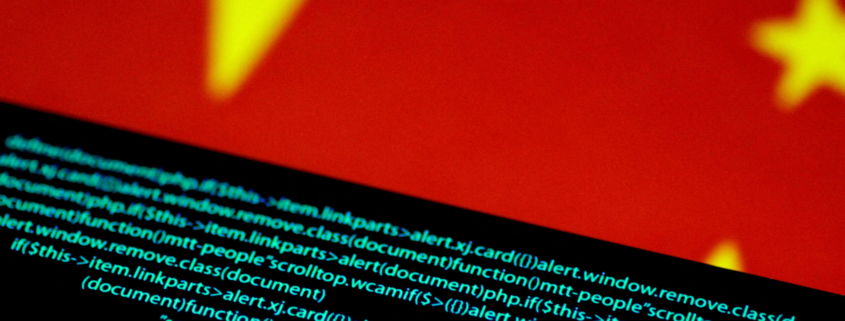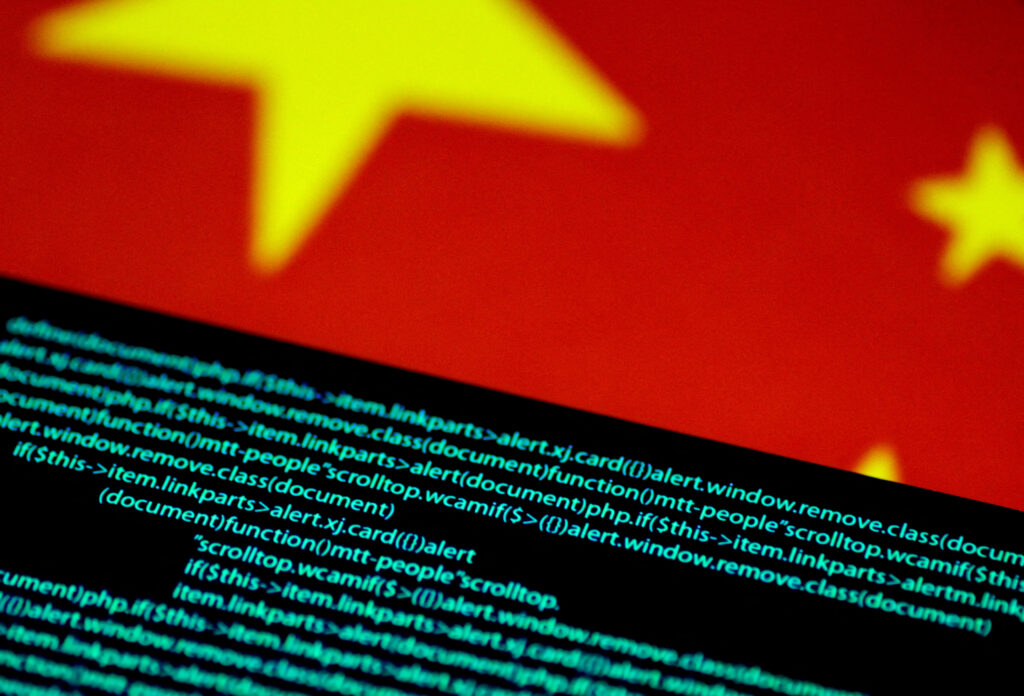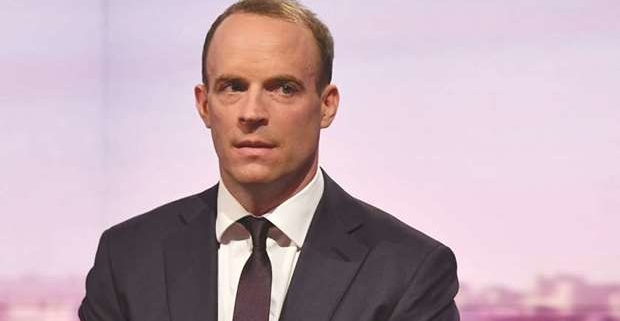To combat Chinese cyber threats, the US must spearhead a new Indo-Pacific intelligence coalition
When the highest-ranking US law enforcement official describes a concern as “the defining threat of our generation,” it should be taken seriously. On January 31, FBI Director Christopher Wray testified before Congress about China’s capability to threaten US national and economic security. In particular, he identified the imminent cyber threat that Chinese hackers pose to critical infrastructure. A China-sponsored cyber group called “Volt Typhoon,” Wray explained, has prepositioned cyberattack capabilities in the US communications, energy, transportation, and water sectors intended to “destroy or degrade the civilian critical infrastructure that keeps us safe and prosperous.” Alarming in its own right, Volt Typhoon is just the latest example of Beijing’s ongoing “cyber onslaught,” Wray added.
This story is not new. Since at least 2019, the US government has publicly sounded the alarm about the threat that China’s cyberattack and espionage enterprise poses to US national security and to regional stability in East Asia. The 2023 annual threat assessment by the US Office of the Director of National Intelligence (ODNI) states that China “uses coordinated, whole-of-government tools to demonstrate strength and compel neighbors to acquiesce to its preferences.” The assessment adds that China’s cyber capabilities are essential for orchestrating espionage, malign influence, and attack operations in support of Chinese interests.
To confront the threat to critical infrastructure posed by Volt Typhoon and other state-sponsored Chinese cyber actors, the United States should launch an expansive new multilateral cyber threat intelligence sharing coalition in the Indo-Pacific. This coalition should utilize some of the lessons learned from the Five Eyes intelligence alliance, and it would incorporate members of the Five Eyes alliance, US Indo-Pacific partners, and even some European states. The expanded reach and resources of such a coalition would help disrupt cyber threats, signal to the world that the United States and its partners are committed to protecting both cyber and physical…




